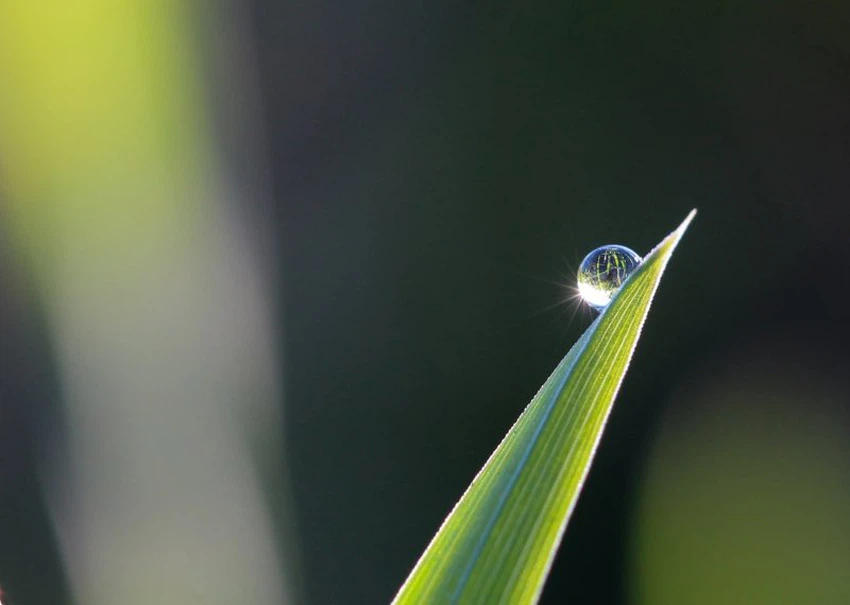How did humans predict the first winter throughout the ages?
Arabia Weather - The first rain brings with it that distinctive smell that fills the air, or those overcast clouds that we notice in the sky heralding the fall of the first drop of rain. The weather forecaster comes out on one of the channels and tells us to carry an umbrella with us as we leave the house. Due to the possibility of rain today.
This method is followed by most people at the present time to find out the date of the “first winter,” but did our ancestors follow the same method or did they have a different opinion?

Answer: Since the dawn of civilization, humans have relied on rain in various aspects of their lives, for example, even growing crops and obtaining drinking water. But despite this importance of rain, we humans did not have much knowledge about how to predict the weather for most of our history, so humans then came up with other solutions, most of which depended on rituals and superstitions that people believed.
Among the most prominent are:
Ancient Maya peoples
The ancient Maya had so-called "rainmakers." These important members of the community were believed to have special knowledge of the ways of the rain god Chak. During times of drought and severe famine, they would throw elaborate feasts for Chuck in an attempt to convince him to bring more rain.
Native American tribes
For Native American tribes in the southwestern United States, dance was the means they believed would bring rain. They would perform elaborate rain dances in an attempt to bring water to their dry lands.
Tibetan peoples
And from the United States to Tibet, where the ancient peoples there sought help and guidance from the “Weather Maker”, as he was their only hope at that time, and they believed that he was able to predict the weather and change it if necessary.
This story may be unbelievable, but the ritual that used to occur to predict the weather consisted of lighting incense and drinking special tea by the fortuneteller, and with the start of the sound of drums and music, the weather maker began to sway back and forth. In this state, he asked, “Will it rain soon?” and his answer was with complete confidence, “Yes, the rain is coming.” Then suddenly it collapses to the ground. Perhaps strangely, later that evening, rain and thunder fell across the high mountains of Tibet, and water rushed across the valley floor.
You might think it's just a big coincidence, but in the past they believed it to a great extent. They believed in supernatural powers and tried to use them to change the weather.

Peoples of South America
People in South America used to shoot arrows at clouds to pierce them, believing that they would cause rain to fall on their lands.
Many cultures still practice these traditional rituals to this day, either to stay connected to their heritage or as a way to hope for rain.
As for the present time
Weather forecasting methods have changed greatly in the modern era, and rain monitoring has become dependent on modern scientific techniques, but in one way or another, the problems of drought and rain retention still exist in various regions of the world. However, modern technology and science have come with methods that can help us deal with This type of problem, the most prominent of which is:
In 2014, NASA launched a satellite called the Global Precipitation Satellite, which will be able to continuously map precipitation around the world many times a day. This mission will help scientists get a better idea of how rainfall changes, and will help them predict which areas may be vulnerable to drought or flooding.
Modern technology and science do not stop at water after it falls from the sky. Rather, scientists are trying to measure the amount of water on Earth from space through special observatories. This technology may be important for people who study and anticipate drought. This makes their task easier in the future.
Sources:
Arabia Weather App
Download the app to receive weather notifications and more..



